
My name is Hamza Omar Sheikh and I am a student completing my bachelor’s degree in agriculture at the Putra University in Malaysia. I have spent six months interning with the Somali Agriculture technical group (SATG) based in Mogadishu, Somalia.
There are two main reasons why I have chosen to do my internship at SATG. The first reason is that SATG is currently the only agricultural institution in Somalia that focuses on testing agricultural technologies and then passing these technologies to Somali farmers and other actors to help them become efficient and practice sustainable agriculture. The second reason is that I wanted to experience working with farmers because I am passionate about resolving agriculture and food security matters in Somalia.
During my internship period, I worked and participated in different agriculture related activities conducted by SATG. One of these activities was a research study on Sesame processing business investment opportunities in Somalia. I worked as an enumerator and collected data from sesame oil mills. I have also interviewed other actors related to sesame oil/cake processing supply chain including oil processing machine traders, mechanics, and camel and cattle dairy farmers. The later are users of sesame cake.
I was also involved in the development of data entry spreadsheets. I did data entry and prepared presentations. I have discovered that there is an enormous potential in the sesame oil and cake industry, especially sesame cake, which has potential business opportunities as an animal feed additive because Somalia relies heavily on livestock.
In addition, I have attended several agriculture training and workshops, including cooperative management and extension workers training programs. I took courses in soil analysis using the SoilDoc Kit System and learned how to measure PH, nitrogen, potassium, and electronic conductivity.
I have learned that one of the main constraints that Somali farmers are facing is the dependency on traditional practices. This includes the use of human labor for farm activities, including planting, which is mostly inefficient and does not yield a sustainable profit. SATG has introduced mechanization that made a real difference to farmers’ lives.

Hamza receiving his internship completion certificate from Dr. Hussein Haji, SATG Executive Director
Finally, I have visited both small scale and commercial farms in different villages that grow different crops including maize, sesame, fruits, and vegetables. I would like to thank SATG for giving me the opportunity to work at their organization.

Mechanized agriculture at the SATG Agribusiness Incubation Center.
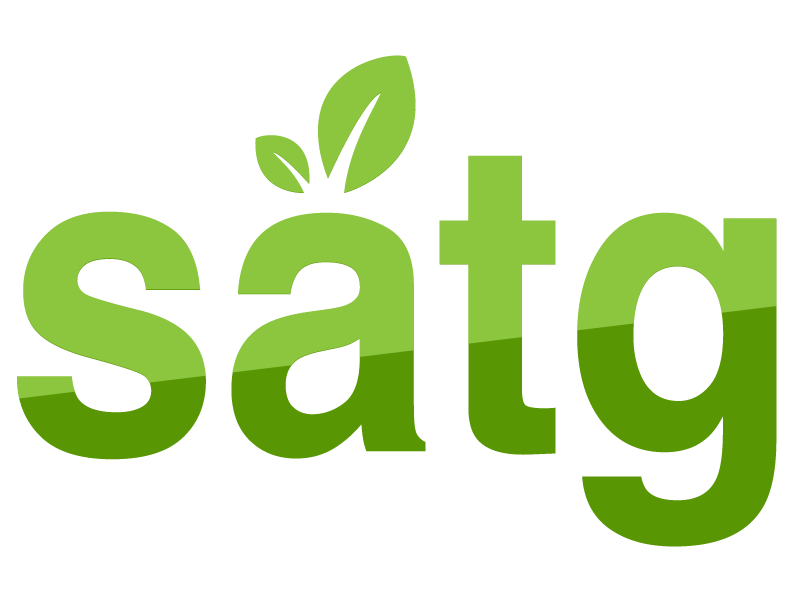

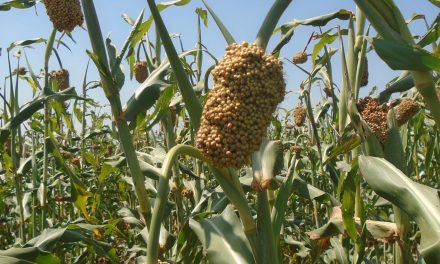
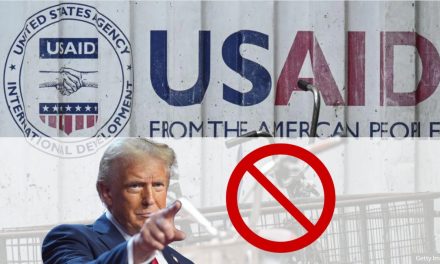
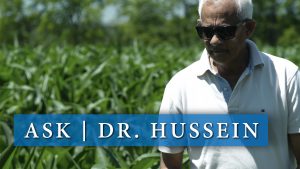
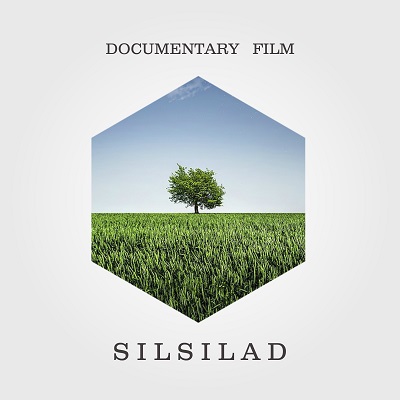

Recent Comments